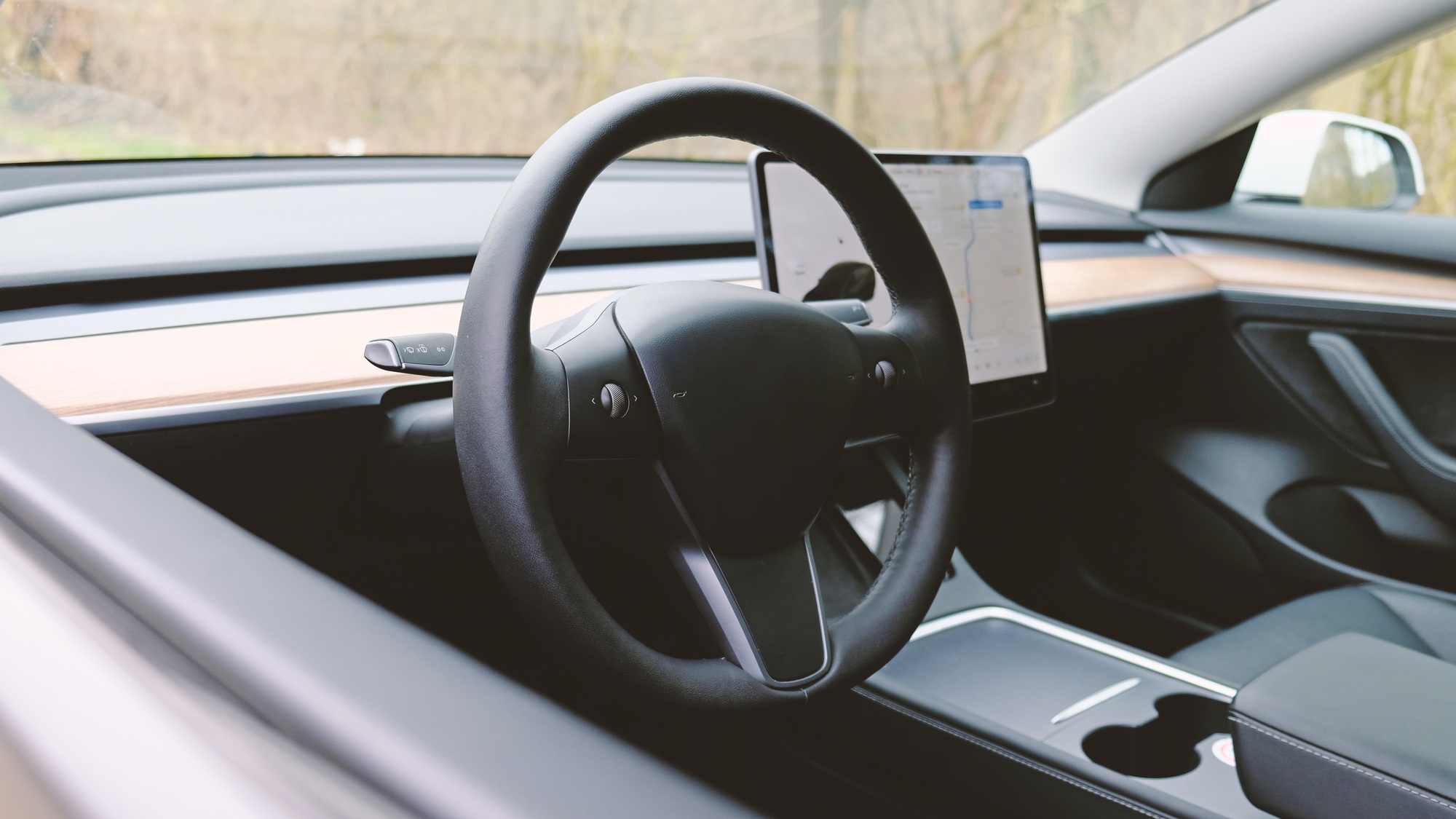Tesla’s latest product launch has resulted in one of the most disappointing outcomes in its history, with the Cybertruck failing to meet expectations and causing a major blow to the brand’s reputation.
In recent years, Tesla has been a dominant force in the electric vehicle market, driven by innovative products and a strong brand identity. However, the rollout of the Cybertruck has not lived up to the hype, with production delays, quality concerns, and disappointing pre-orders signaling trouble for the company.
The recent failure of the Cybertruck, which was highly anticipated as a revolutionary electric pickup, has been characterized as a historic flop. Despite the initial excitement and high expectations, consumer interest has waned, and the vehicle’s sales figures are significantly below projections.
This collapse reflects broader issues within Tesla’s brand, which has suffered from production challenges, quality control issues, and increased competition from other automakers entering the electric truck segment. The failure of the Cybertruck is seen by analysts as a potential turning point that could impact Tesla’s market share and investor confidence.
Market experts are now questioning Tesla’s ability to maintain its dominance and are warning of potential repercussions for the company’s valuation. The company’s leadership faces pressure to address these setbacks quickly to restore confidence among consumers and investors.
Looking ahead, Tesla’s future strategies, including new product launches, manufacturing improvements, and marketing efforts, will be critical in determining whether the brand can recover from this setback. The upcoming quarterly earnings report and industry trends will also be closely watched for signs of stabilization or continued decline.
What caused the Cybertruck to fail so spectacularly?
The failure is primarily due to production delays, quality issues, and less-than-expected consumer interest, compounded by rising competition.
Will Tesla be able to recover from this setback?
The company’s ability to address manufacturing concerns and improve product quality will be crucial in regaining consumer trust and market share.
What does this mean for Tesla’s future in the electric vehicle market?
This failure could slow Tesla’s growth trajectory and open opportunities for rivals, but the company’s innovation and brand loyalty still provide potential for recovery.







